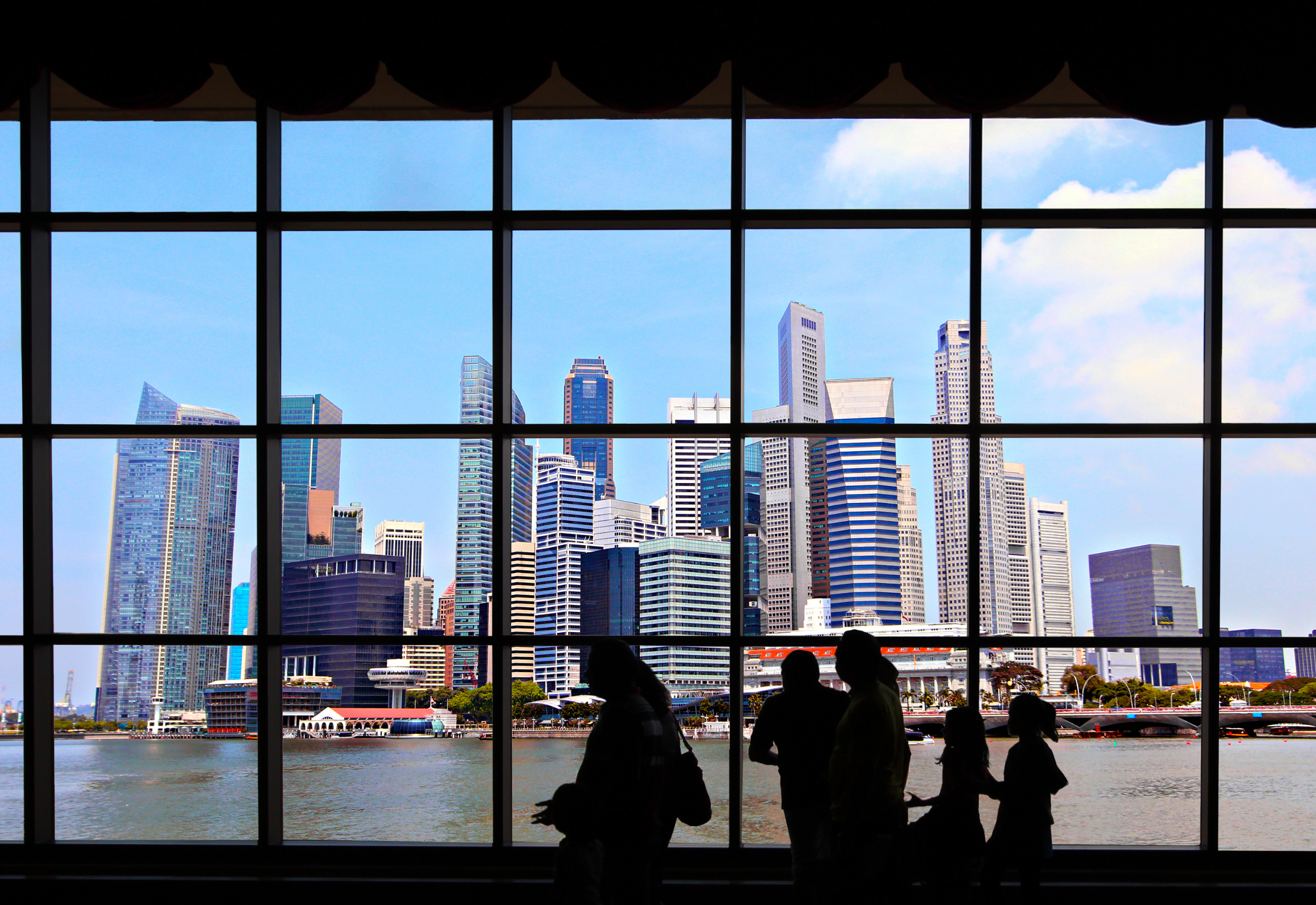Singapore making progress in narrowing gender pay gap
- Josephine Tan
- Topics: Compensation and Benefits, DE&I, Home Page - News, News, Singapore

Singapore has made significant strides in narrowing the gender pay gap, though disparities persist, according to the latest Ministry of Manpower (MOM) data. Despite improvements however, women in the workforce continue to earn less than their male counterparts.
In 2023, the median income for women in Singapore was 14.3% lower than that for men, a slight improvement from the 16.3% gap recorded in 2018.
While Singapore’s gender pay gap is slightly higher than the Organisation for Economic Cooperation and Development (OECD) average of 12.1% in 2022, it outperforms countries like the US, Britain, and Japan. The ministry attributed differences in occupation as the primary factor influencing the pay gap, with men often overrepresented in higher-paying roles.
However, MOM’s data further revealed that from 2018 to 2023, the gender pay gap narrowed as more women entered professional, managerial, executive, and technician (PMET) positions. In 2023, 75% of women were employed in PMET jobs, marking an 8.8 percentage points increase from 2018.
Other factors contributing to the gender pay gap include differences in industries, weekly working hours, and human capital factors such as age and education. After adjusting for these factors, Singapore’s adjusted gender pay gap in 2023 stood at 6%, down from 6.7% in 2018, reported The Straits Times.
READ MORE: Not ready to retire? Employees in Singapore have the choice to work
Despite these advancements, challenges remain. Career breaks, caregiving responsibilities, and unmeasured employment characteristics contribute to the persistent pay gap. Samual Sobrielo, Deputy Director for Professional Practices and Community at the Institute for Human Resource Professionals, highlighted the impact of career breaks on women’s earning potential, and said, “Fundamentally, pay must be a function of experience, skills, performance and the value an individual can bring to the job – factors which can be attributed to time spent in the workforce.”
“With the likelihood of women assuming the primary caregiving responsibilities, it may necessitate them taking breaks from employment, hence ‘delaying’ work experience, which may consequently impact the salary.”






